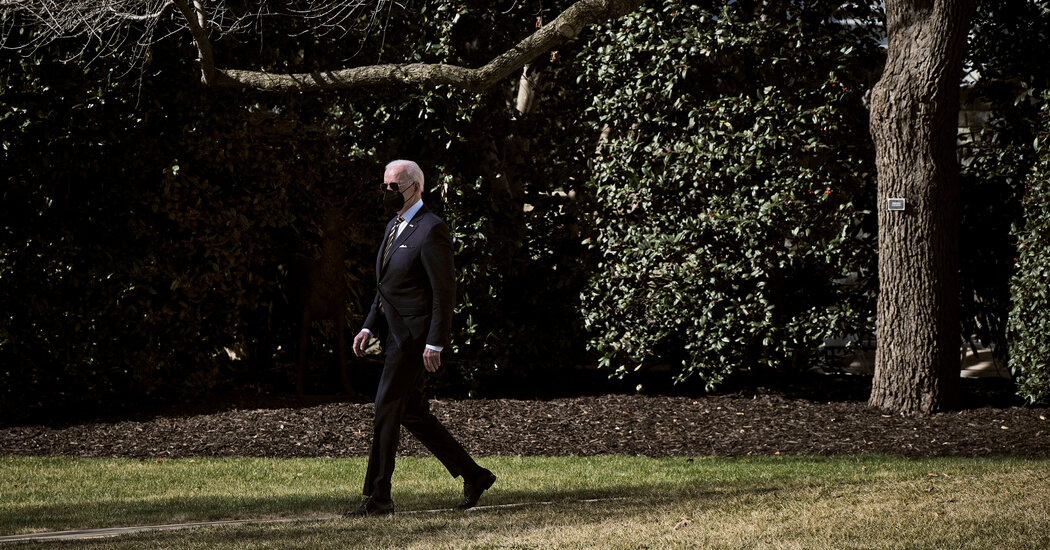
President Biden, who came into office vowing to “reinvigorate our national science and technology strategy,” is now facing a leadership vacuum that may threaten his ambitious research agenda, which stretches well beyond fighting the coronavirus pandemic.
Both the Food and Drug Administration and the National Institutes of Health lack permanent leaders. Mr. Biden’s health secretary, Xavier Becerra, has been criticized for his low profile. And on Monday, his science adviser, Dr. Eric S. Lander — the first such adviser to serve in the cabinet — resigned after acknowledging that he had bullied his colleagues.
“This was an administration that really committed to the primacy of science for the pandemic and also aspirations for well beyond the pandemic,” said Dr. Eric Topol, the founder and director of the Scripps Research Translational Institute. “And what it has been on is a self-inflicting harm mission.”
After the administration of former President Donald J. Trump, who routinely spread misinformation about the coronavirus, scientists were thrilled and relieved when Mr. Biden was elected.
“Our long national nightmare is over,” R. Alta Charo, professor emerita of law and bioethics at the University of Wisconsin, told Scientific American at the time.
In an interview on Thursday, Ms. Charo said Mr. Biden had fulfilled his pledge of respecting scientific integrity, and his response to the pandemic, while not perfect, had been a big improvement. Still, she said, “I think it’s appalling that we have such a vacuum of leadership.”



